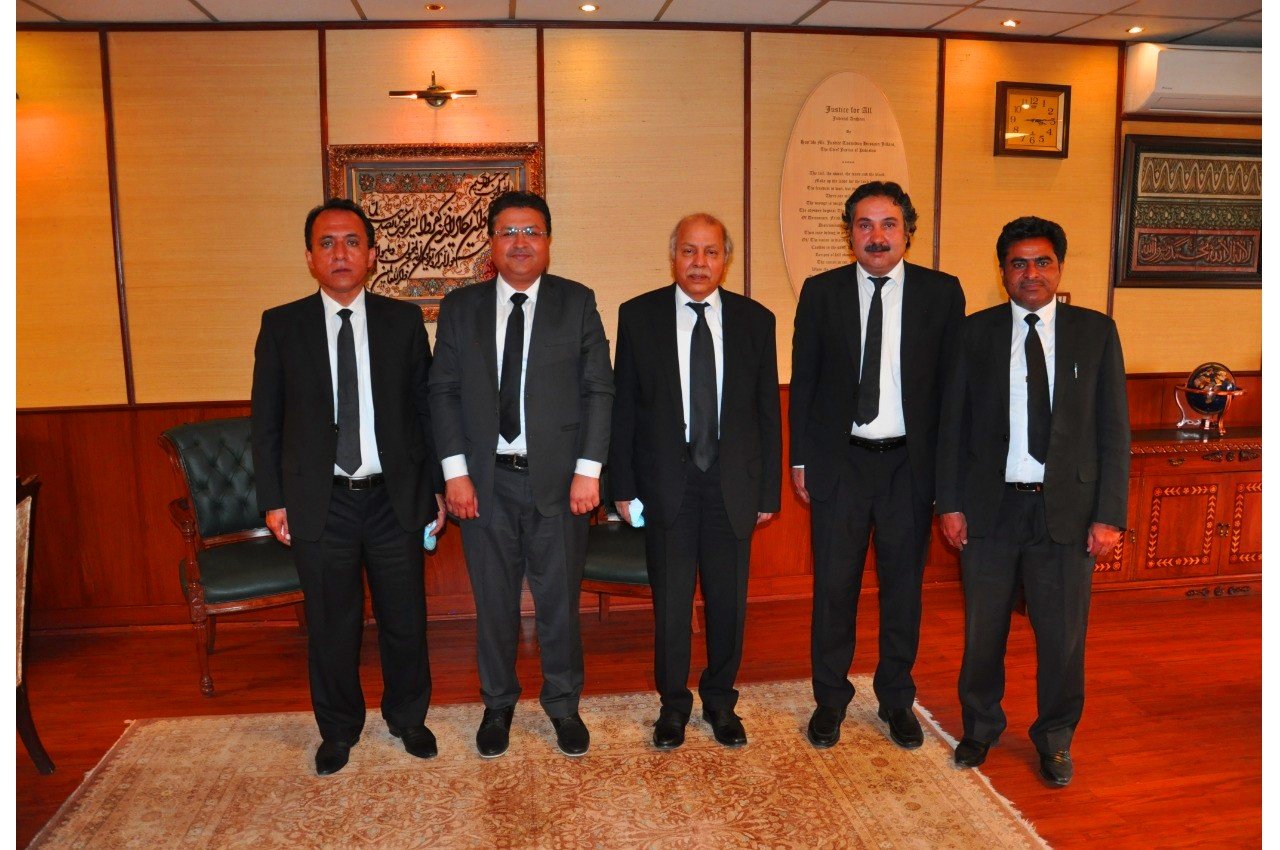Native American Land Rights and Disputes

Native American land rights have been a longstanding and complex issue, deeply rooted in history. From the early days of colonization to contemporary challenges, the struggle for land rights has significantly impacted indigenous communities across the United States. This article aims to explore the intricate web of Native American land rights and the disputes that persist today.
Land Disputes Throughout History
Early Colonization Period The arrival of European settlers marked the beginning of land disputes, as indigenous communities faced encroachment on their ancestral territories.
Treaty-Making Era The signing of treaties between Native American tribes and the U.S. government often led to disputes over interpretation and adherence, creating a foundation for future conflicts.
Forced Relocations The infamous Trail of Tears and other forced relocations displaced countless Native Americans, exacerbating tensions and land-related issues.
Current Challenges Contemporary challenges include disputes over land usage, resource exploitation, and preservation of cultural sites.
Legal Framework
Overview of Relevant Laws Understanding the legal framework surrounding Native American land rights involves exploring federal laws, court decisions, and tribal regulations.
Tribal Sovereignty The concept of tribal sovereignty plays a crucial role in determining the autonomy of Native American nations in land-related matters.
Federal Recognition The status of federal recognition significantly impacts a tribe’s ability to assert its land rights and engage in legal battles.
Contemporary Land Rights Issues
Natural Resource Exploitation The exploitation of natural resources on tribal lands raises environmental concerns and questions about the balance between economic development and conservation.
Infrastructure Projects The construction of highways, pipelines, and other infrastructure projects often leads to clashes between tribal communities and government entities.
Cultural Preservation Concerns Preserving sacred sites and cultural heritage becomes a paramount concern in the face of modern development projects.
High-Profile Cases
Standing Rock Sioux Tribe and the Dakota Access Pipeline The standoff at Standing Rock brought international attention to the struggle against the Dakota Access Pipeline and the impact on indigenous land and water rights.
Navajo Nation and Uranium Mining The Navajo Nation’s fight against uranium mining highlights the environmental and health consequences of resource extraction on tribal lands.
Tribal Activism and Advocacy
Grassroots Movements Tribal communities and activists engage in grassroots movements to raise awareness and mobilize support for their land rights.
Legal Battles and Strategies Tribe-led legal battles utilize a combination of traditional tribal law and U.S. legal avenues to assert land rights.
Government Policies and Initiatives
Reparations and Compensation Efforts to address historical injustices include discussions around reparations and compensation for past wrongs.
Land Restoration Programs Government initiatives focus on restoring tribal lands and rectifying the consequences of historical actions.
Read More: Landlord-Tenant Law: Obligations and Rights
The Economic Impact
Challenges to Economic Development Land disputes and restrictive policies pose challenges to the economic development of Native American communities.
Success Stories Despite challenges, success stories highlight instances where tribes have overcome obstacles to achieve economic prosperity.
Cultural Implications
Impact on Indigenous Communities Land disputes have profound cultural implications, affecting the identity and well-being of Indigenous communities.
Efforts for Cultural Preservation Initiatives to preserve language, traditions, and cultural practices are essential components of the fight for land rights.
Public Awareness and Education
The Importance of Understanding Native American Land Rights Increasing public awareness is crucial for fostering understanding and empathy toward the struggles of Native American communities.
Educational Initiatives Educational programs aim to provide accurate information and dispel myths surrounding Native American land rights.
Collaborative Solutions
Government and Tribal Cooperation Collaboration between tribal governments and federal authorities is essential for finding lasting solutions to land disputes.
International Perspectives on Indigenous Land Rights Exploring international perspectives and best practices can offer valuable insights into resolving indigenous land rights issues.
Future Outlook
Emerging Challenges Anticipating and addressing emerging challenges, such as climate change impacts and evolving legal landscapes, is crucial for the future.
Potential Resolutions Seeking resolutions through dialogue, policy changes, and increased collaboration holds promise for mitigating land disputes.
Read More: Top Attorneys in the Virgin Islands: Your Path to Legal Success
Conclusion
In conclusion, the complexities of Native American land rights and disputes necessitate a comprehensive understanding of historical, legal, and cultural factors. All stakeholders must engage in meaningful dialogue and collaborative efforts to address the challenges faced by indigenous communities.
FAQs(Native American Land Rights and Disputes)
Are all Native American tribes recognized by the federal government?
Not all tribes have federal recognition, impacting their ability to assert land rights.
How can individuals support tribal land rights?
Supporting grassroots movements, staying informed, and advocating for fair policies are effective ways to help.
What role does tribal sovereignty play in land disputes?
Tribal sovereignty is central to determining the autonomy of Native American nations in land-related matters.
Why are natural resource exploitation and infrastructure projects contentious issues?
These issues often involve a trade-off between economic development and the preservation of tribal lands and culture.
What is the significance of international perspectives on indigenous land rights?
Learning from global experiences can offer insights into effective approaches for resolving land disputes.











